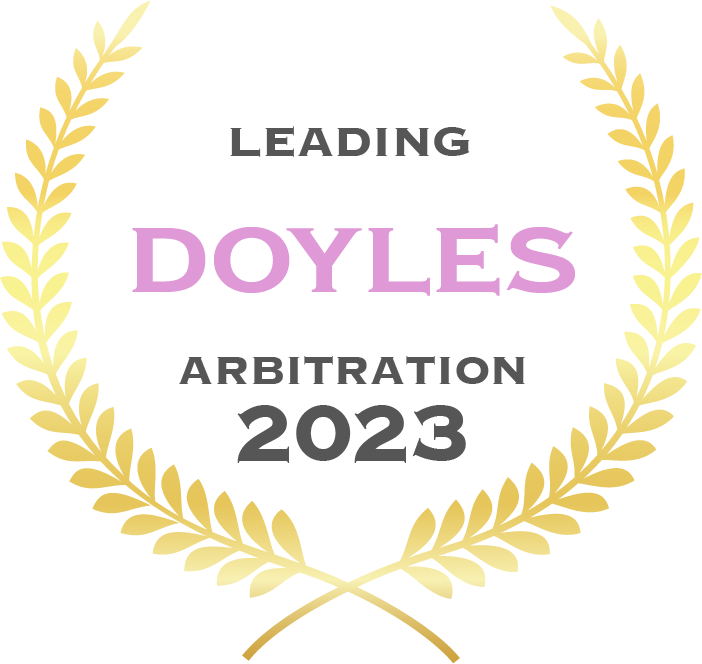
Choice of Mediator
A complaint that is often leveled at mediators is that they do not adequately engage with the issues or with the parties. Hence there is a perception that they add little to the process.
To the extent that there may be any substance in the criticism, it may reflect the settlement model of mediation in which most mediators are trained. This has as its main objective to encourage incremental bargaining towards compromise at a central point between the parties’ original positional demands. It involves limited procedural or substantive intervention by the mediator apart from perhaps encouraging the parties to put their positions in a structured and rational manner.
However, many disputes demand greater rigour from a mediator whose role may require assisting the parties to structure their negotiations having regard to the commercial, personal, reputational, emotional and other interests of the parties and an assessment of the litigation and costs risks associated with the dispute. A mediator proficient in either facilitative mediation or evaluative mediation techniques may be better equipped to assist the parties in achieving a workable resolution.
The facilitative mediation technique has as its object to avoid positions. Instead, it aims to determine the underlying drivers of the dispute and achieve an early platform for discussions which reflect the parties’ needs and interests instead of their strict legal entitlements. Disputes best served by such an approach include family, workplace, organisational, environmental, family provision and succession claims and some partnership disputes.
The evaluative mediation technique has as its objective to reach a settlement according to the legal or other rights and entitlements of the parties within an anticipated range of outcomes. Commercial, personal injury, professional indemnity, competition and consumer, building and construction, real property and some partnership disputes are best suited to the evaluative style of mediation. Mediators in this category are likely to be senior practitioners with expertise in the substantive areas in dispute such as former judges and senior counsel.
In reality, a well trained and experienced mediator will be able to engage in any one of a number of models of mediation and techniques to assist the parties to achieve a lasting resolution of their dispute.
A thorough analysis of the nature of the dispute and the expected outcomes should dictate the choice of mediator.


